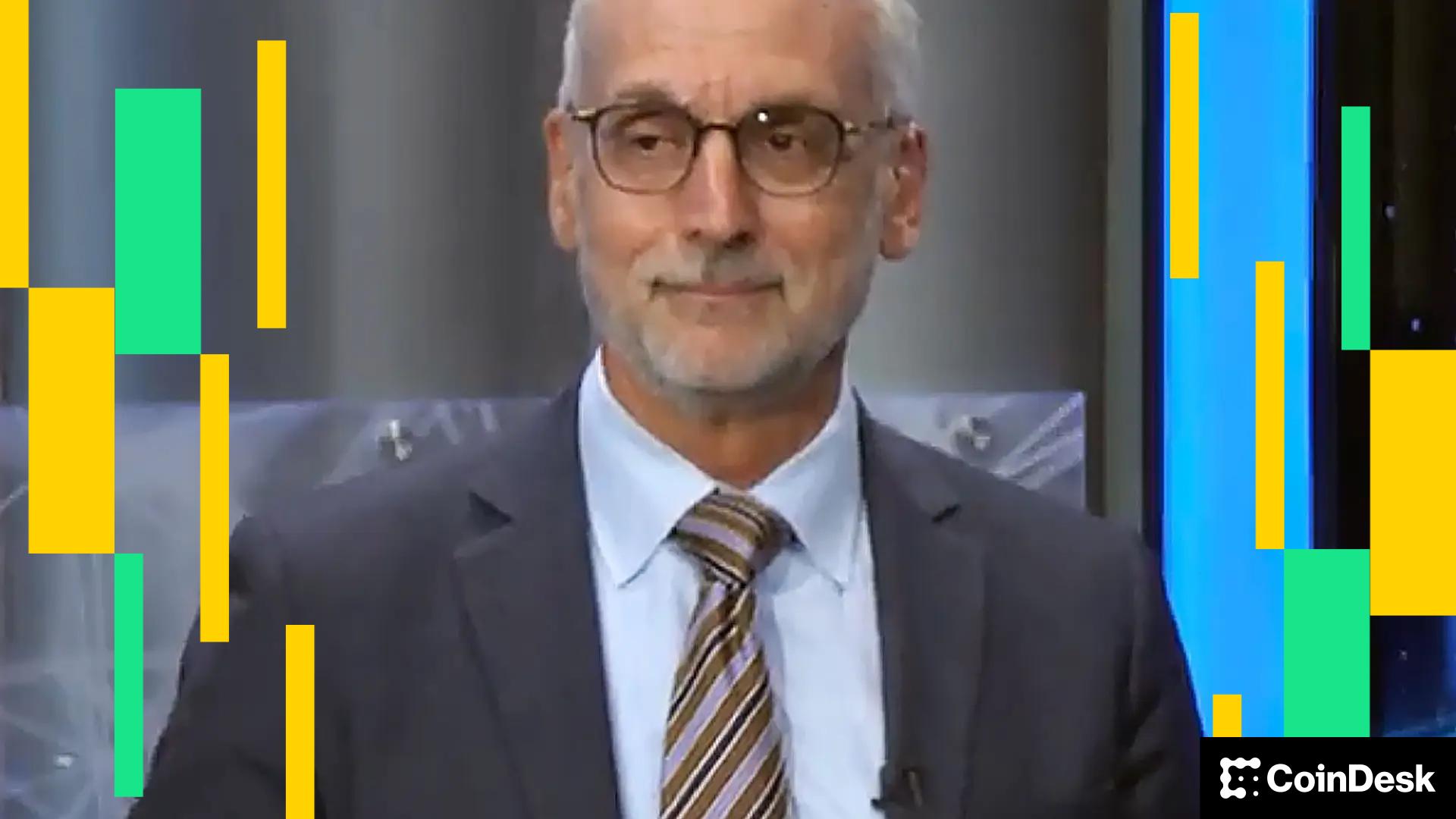
Washington has a slender window to ship clear U.S. crypto guidelines, Ripple Chief Authorized Officer Stuart Alderoty argues, urging lawmakers to “end the job on crypto readability.”
In an op-ed printed Monday on RealClearMarkets, Alderoty mentioned the Securities and Change Fee has for the primary time listed crypto readability amongst its prime priorities — signaling that “the time has come” for predictable oversight. He framed the problem as mainstream, not area of interest, pointing to client adoption and polling that reveals broad help for stronger guardrails.
Alderoty cited a number of knowledge factors to make the case.
A Nationwide Cryptocurrency Affiliation (NCA) survey with Harris Ballot discovered roughly one in 5 U.S. adults owns crypto. Pew Analysis reported {that a} majority of Individuals lack confidence that present methods to speculate, commerce or use crypto are dependable and protected. And a YouGov ballot confirmed extra Individuals favor tighter crypto regulation than looser guidelines.
He additionally referenced Chainalysis estimates that Individuals transacted greater than $1 trillion in digital belongings in 2024, spanning makes use of from funds to financial savings.
“The absence of clear, constant guidelines doesn’t make crypto go away,” Alderoty wrote, warning it pushes exercise to jurisdictions shifting quicker. He argued that readability would each shield shoppers and provides accountable companies certainty to construct within the U.S.
Alderoty can be president of the Nationwide Cryptocurrency Affiliation, a crypto training nonprofit launched on March 5 with a $50 million grant from Ripple. The NCA says it goals to spice up literacy and protected adoption by way of explainers and consumer tales, and its polling finds most present customers need to study extra concerning the know-how.
With Congress weighing market-structure laws after this summer time’s stablecoin legislation, Alderoty solid the autumn session as a pivotal second. “The chance is in entrance of us. The mandate is already there,” he wrote, including that lawmakers can “show to Individuals that Washington can, actually, ship readability the place it’s wanted most.”
He concluded that ending the foundations would hold innovation onshore and make sure the U.S. leads in shaping future monetary infrastructure.




